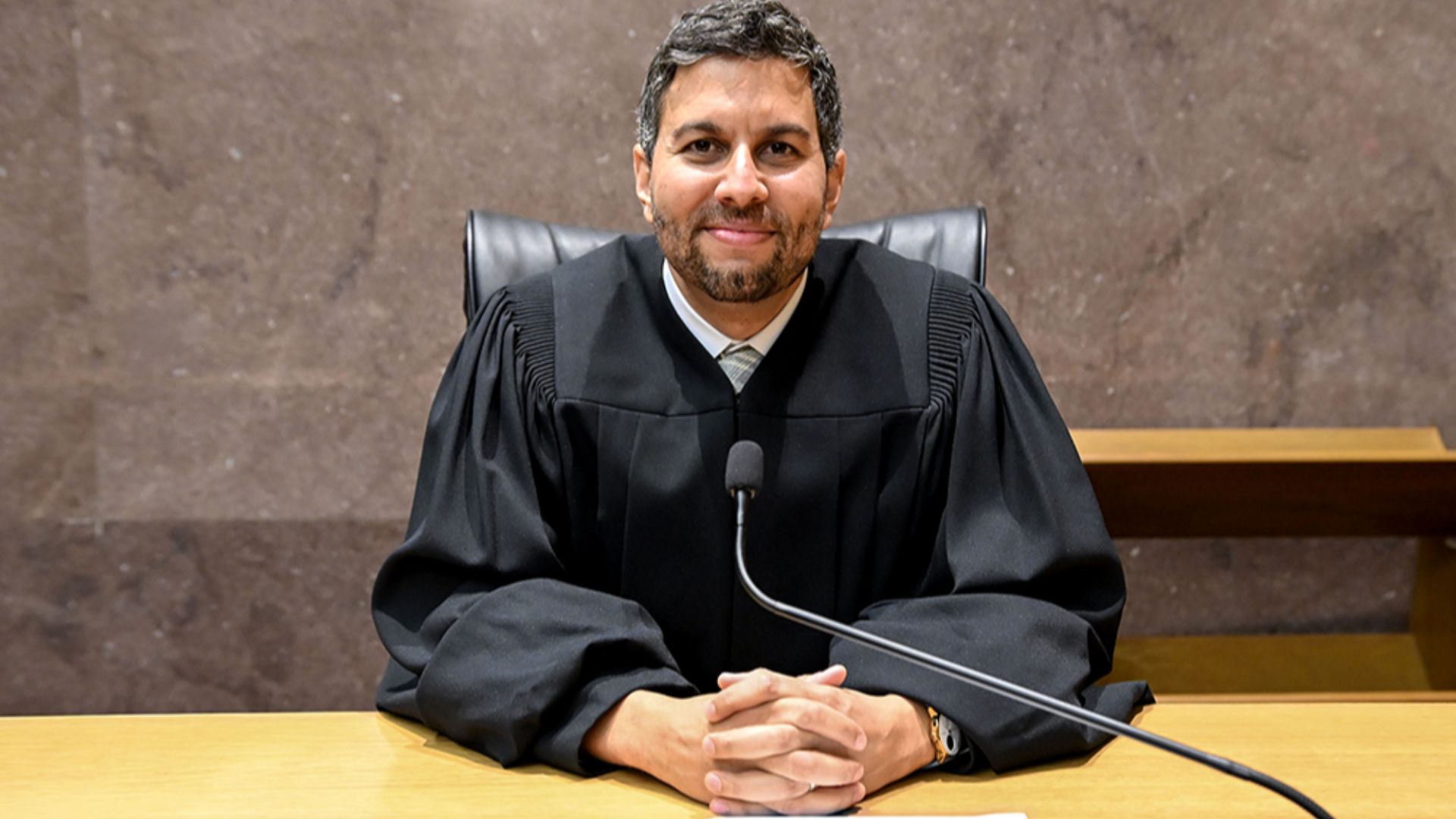When You’re Faced With A Questionable Will
When a parent leaves behind an informal will scribbled on an envelope, the family often struggles to interpret the will’s exact terms. You may feel pressured by relatives who assume they know your father’s wishes. But before you react, you need to determine whether the document is legally valid and how your state treats handwritten wills.

Is A Handwritten Will Valid?
A handwritten will, or holographic will, may be valid depending on state law. Some states allow them without witnesses, while others reject them entirely. Your first task is to confirm whether your jurisdiction accepts such documents so you know whether the envelope has legal standing or is deemed to merely reflect whatever popped into your father’s mind at that moment in time.
What Makes A Holographic Will Legally Binding
A holographic will typically requires your father’s handwriting, signature, and clear statements about distributing property. If any of these elements are unclear or missing, the court could rule it invalid. This decision affects how assets are divided and shapes how much priority the court places on what your father wrote in what could’ve been a moment of haste or distraction.
Why Families Disagree Over Informal Wills
When a will is vague or hastily written, relatives tend to impose their own interpretations. Someone could insist that your dad promised them something even if the wording is unclear. Emotional responses often overshadow logic during grief. Recognizing this helps you navigate family disagreements without causing family tensions to escalate further.
If The Court Deems The Will Invalid
If a judge decides the envelope doesn’t qualify as a valid will, your father’s estate may be handled as if he died intestate. This means state law will now determine how his assets are to be divided. Even if family members object, legal guidelines override personal expectations. This usually simplifies the process, although relatives may be disenchanted.
 United States District Court for the District of Columbia, Wikimedia Commons
United States District Court for the District of Columbia, Wikimedia Commons
Interpreting Ambiguous Language In A Handwritten Will
If the court does accept the document but finds parts of it unclear, a judge may need to interpret your father’s wording. This includes fragmentary or cryptic sentences; it could also encompass rushed instructions. The court may consider context or handwriting analysis. Although this process is slow, tedious, and sometimes frustrating, it at least ensures a fair interpretation of unclear language.
What Can An Executor Do To Sort Out The Confusion?
If your father named an executor, that person must submit the envelope to probate and follow all legal procedures. As executor, you now must rely on legal guidance, not idle chit-chat from family members, or pressure from relatives you barely know. When disagreements come up, your obligation is to the court’s instructions, and ensuring the estate is settled correctly and transparently.
Avoid Making Private Agreements
Relatives may try to sidle up to you in private and suggest informal agreements to bypass court involvement. Beware that these kinds of surreptitious "wink and a nudge" side arrangements often cause problems. Without documentation, misunderstandings or disputes crop up later, especially when assets increase in value. Allowing probate to proceed ensures clarity and protection for everyone involved, preventing any future challenges, confusion, or accusations.
How Probate Courts Resolve Conflicting Claims
When relatives disagree, the court reviews handwriting analysis, testimony, and previous documents to understand your father’s intentions. Judges make every effort to honor genuine wishes while still following legal requirements. Although the process may feel slow, it produces enforceable decisions that reduce the likelihood of long-term conflict and clarify disputed interpretations.
When Family Members Accuse Each Other Of Influence
Arguments could escalate if someone thinks a relative pressured your father into writing certain instructions. Courts take these kinds of claims seriously, especially when a will seems rushed or inconsistent with past behavior. Maintaining neutrality safeguards you from being pulled into emotionally charged conflicts that damage family relationships.
Stay Grounded When Emotions Run High
Disputes over handwritten wills usually aggravate long-standing family tensions. Staying calm and focused on legal facts helps prevent arguments from getting everyone off track. When everyone is grieving, misunderstandings grow quickly. Keeping conversations centered on provable verified information rather than high-strung emotion helps you navigate these discussions more effectively.
Get Legal Clarification Before You React To Family Pressure
Before making promises or coming down on one person’s side or another, consult with a probate attorney. An attorney can help you understand the envelope’s legitimacy and how courts interpret it. Professional guidance clarifies confusing situations and helps you respond with confidence to relatives who may have based their assumptions on incomplete or incorrect information.
Understand Your Responsibility If You Are The Executor
If you are the executor, you must follow probate law first and foremost. Expectations of other family members have to be put aside for the time being. Your duties include submitting the envelope, identifying assets, and following the court’s instructions. Trying to appease relatives or make unofficial decisions could expose you to legal action later. Your primary responsibility is to act impartially and professionally.
Rushing The Process Just Causes Conflict Even More
Some relatives push for quick decisions to ease their own tension, but rushing things invites mistakes and misunderstandings. Take the time to follow proper channels, and you’ll ensure accuracy and fairness. Patience allows the legal process to clarify your father’s intentions and lowers the chances of future disputes about incomplete or misconstrued instructions.
Document All Conversations And Communications
During disputes, documented conversations protect you if any other allegations come up. Written notes, messages, and timelines are the meat-and-potatoes evidence that attorneys and the court thrive on to substantiate everything. Keeping comprehensive records silences opposition, reduces confusion and provides support if disagreements escalate. You help maintain your credibility in the process while ensuring transparency throughout probate.
Mediation Can Help Families Reach Agreement
If disagreements grind probate to a halt, mediation can help relatives air their concerns in a structured environment. A mediator oversees a productive discussion while keeping emotions manageable. Although mediation comes at a cost, it often prevents far more expensive litigation and helps preserve relationships strained by grief and differing expectations.
Avoid Legal Missteps When Dealing With Informal Wills
Informal wills can dangle the temptation in front of families to interpret instructions loosely or divide property prematurely. Before doing anything or making promises, ensure you understand your legal requirements. Acting too soon can needlessly complicate probate or cause legal liabilities for yourself. Proceed carefully and you’ll protect yourself from unintended consequences while ensuring the estate is handled correctly.
When To Bring In A Probate Attorney To Settle Disputes
If relatives refuse to compromise or misunderstandings continue to fester, a probate attorney can help interpret unclear instructions, resolve disputes, and protect your interests. Legal support shifts the conflict from the realm of emotions into structured procedures, ensuring that decisions follow the law rather than fluctuating family dynamics or personal pressures.
Maintain Your Peace Of Mind During The Process
Sorting through a handwritten will is stressful and emotionally draining. Setting boundaries and stepping back when you need to helps you preserve your own well-being. Although you can’t step in and resolve every disagreement, you can protect your mental health while ensuring the estate is processed responsibly and respectfully.
Find Closure Despite The Uncertainty
Even if the envelope makes probate more complicate, you can still get to a resolution that honors both your father’s intentions and legal guidelines. Finalizing the estate may take longer than you thought it would, but once decisions are made, you gain peace in knowing you acted responsibly, carefully, and with respect for all parties concerned.
You May Also Like:

























